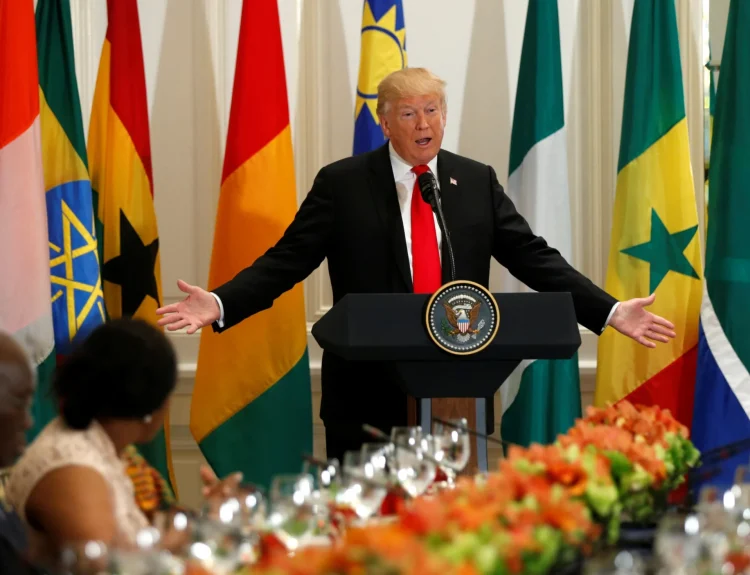The 29th Annual United Nations Climate Conference (COP29) will take place from November 11 to 22 in Baku, Azerbaijan.
One of the key topics of this meeting will be to set a new Quantified Collective Goal (QCG) to finance climate action in developing countries, beyond the 100 billion dollars already mobilized annually.
The president of the International Fund for Agricultural Development (IFAD), Álvaro Lario, explains that COP29 is a crucial moment to negotiate the amount of contributions from wealthy countries to help developing nations tackle climate change. "IFAD urges world leaders to approve this funding plan, with a specific goal for adaptation, prioritizing the needs of small farmers," he emphasizes.
Climate shocks are severely impacting agricultural production in many regions, such as Zimbabwe, where the worst drought in forty years has significantly compromised food security. Tinomuounga Hove, president of the Biri irrigation project in Zimbabwe, testifies: "Rainfall is becoming increasingly scarce. We are currently in drought, and this year the harvests are nonexistent. The seasons have changed, and the rains no longer come when we expect them."
Thanks to irrigation projects supported by IFAD, many farmers, including Mr. Hove, have been able to save their crops and maintain production throughout the year. "Having an irrigation system allows us to harvest even outside the rainy season," he explains. "Thus, even without rainfall, we can continue farming, which is an invaluable advantage for us."
These irrigation projects funded by IFAD play a crucial role in strengthening farmers' resilience to extreme climate events and preserving food security
Article source: africanews






